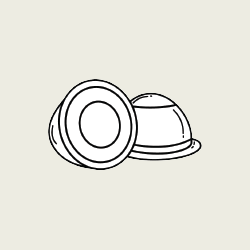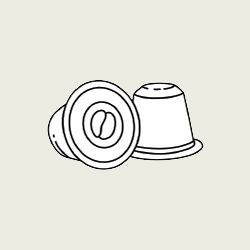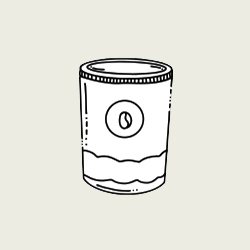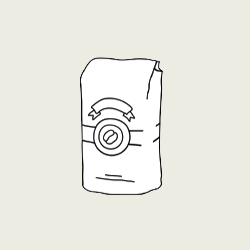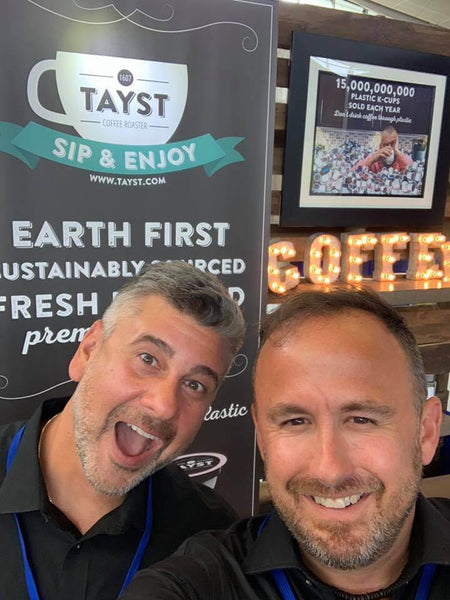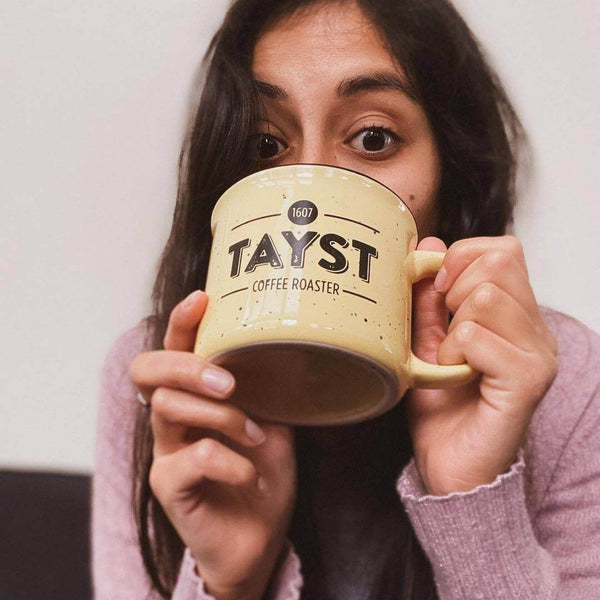Transitioning to a zero-waste lifestyle can seem like an intimidating task, but it doesn't have to be. The first step towards reducing your waste is identifying the waste you generate. This is where a waste audit comes in.
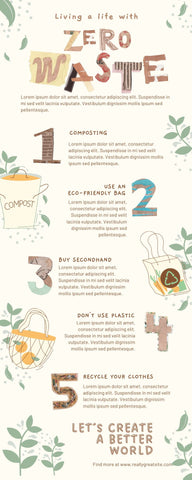
A waste audit involves examining the items you throw away and categorizing them. This can help you get a better understanding of the types of waste you generate and the areas where you can make changes. Creating categories such as plastic, paper, food, and electronic waste can help you keep track of the items you're throwing away and identify which areas you need to focus on reducing waste.
Why is it important to do a waste audit? By identifying the waste you generate, you'll be able to take the necessary steps to reduce it and move towards a more sustainable future. You'll be able to see where your waste is coming from and find ways to minimize it. This is crucial because the less waste we generate, the less we contribute to landfills and the less impact we have on the environment.
So, how do you conduct a waste audit? The first step is to collect all the waste you generate over a period of time, such as a week. Make sure to include everything from food scraps to packaging to electronics. Once you have everything collected, it's time to start categorizing.
Create categories such as plastic, paper, food, and electronic waste, and start sorting your waste accordingly. You may find that you generate more waste in certain areas than others, which can help you focus your efforts on reducing waste in those specific areas. For example, if you find that you're throwing away a lot of food, you can start meal planning to reduce food waste.
Once you've categorized your waste, it's time to start taking action. Look for ways to reduce your waste in each category. For example, you can switch to reusable water bottles and coffee cups to reduce plastic waste, or use cloth bags instead of plastic ones when you go grocery shopping. You can also compost food scraps to reduce food waste, and recycle electronics and other items properly.
By conducting a waste audit and identifying the waste you generate, you'll be able to take actionable steps towards reducing your waste and transitioning to a zero-waste lifestyle. Remember, every small step counts, and the more we can do to reduce our waste, the better it is for the environment. So, don't be afraid to take the first step and start your waste audit today!
